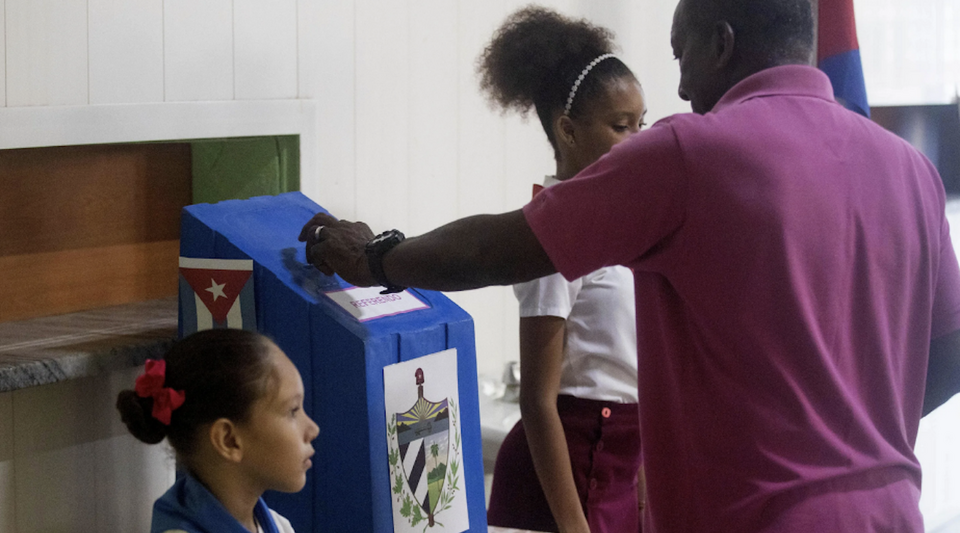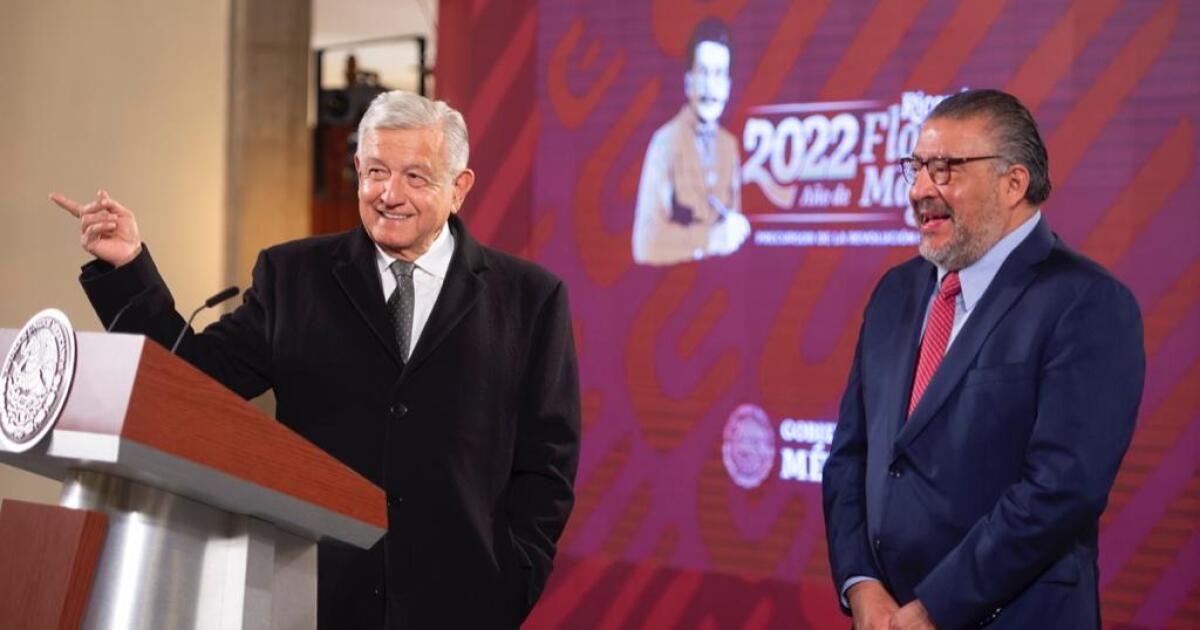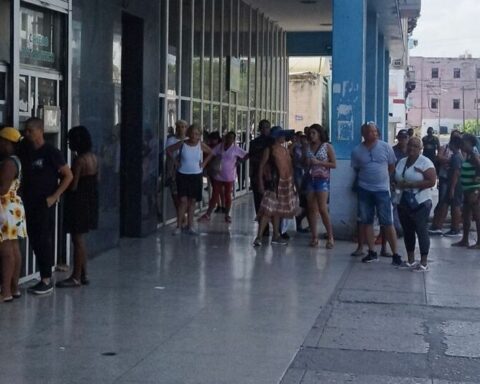The organization Voting Rights Observers (ODE) has published a report that includes the “irregularities” produced during the referendum on September 25 in Cuba, which resulted in the approval of the Family Code.
The independent platform claims to have deployed 45 observers in 35 schools in Havana, Matanzas, Villa Clara, Sancti Spíritus, Holguín, Granma and Pinar del Río, who reported various “incidents.”
For example, they point to the case of a school in the municipality of Antilla (Holguín), where the vote count was carried out several times and lasted until late because “in each count the no won” and, then, the table was ordered “let them count again”. “Finally the no was imposed,” concedes the document, “although no information was given on the number of null and blank votes.”
“Given the lack of participation, it was recorded that electoral authorities accompanied by the pioneers went out to the streets to look for voters to vote”
The organization highlights the lack of information on the scrutiny: “The ballot was not published outside the polling stations with the sum of the votes yes, no, null or blank.” The authorities also did not explain why there were leftover ballots.
As for abstention – the highest of all electoral processes in Cuba since 1958 – the organization corroborates that “little voter turnout was observed.” And he asserts: “Given the lack of participation, it was recorded that electoral authorities accompanied by the pioneers went out to the streets to look for voters to vote.”
ODE also assures that in most of the monitored centers the voter registry was not visible, so “it could not be corroborated that it coincided with the list of voters that the polling station authorities had.”
This caused that there were voters who did not know their polling place. Several of them, says the text, “reported that they did not receive the written summons to know where they were going to vote.”
“The authorities did not inform how they were going to collate the lists of voters of all the voting centers at the national level to guarantee the principle of one voter-one vote”
In addition, they denounce, in different schools, during the same day of the plebiscite, voters who were not registered in the corresponding register were included.
The report is suspicious of “special schools”, centers set up in bus terminals, hospitals or other places of transit for people, “which do not have a register, but are designed so that anyone can vote.” About them, they say, “the authorities did not inform how they were going to collate the lists of voters of all the voting centers at the national level to guarantee the principle of one voter-one vote.”
State Security prevented one of the “observers” sent by the organization, Zuleydis Lisbeth Pérez Velázquez, from entering a polling station in Holguín, the document also collects. Similarly, the authorities denied the “observation” in various schools in Havana, letting the activists know that “they had their own observers committed to the Revolution.”
________________________
Collaborate with our work:
The team of 14ymedio is committed to doing serious journalism that reflects the reality of deep Cuba. Thank you for joining us on this long road. We invite you to continue supporting us, but this time becoming a member of our newspaper. Together we can continue transforming journalism in Cuba.








